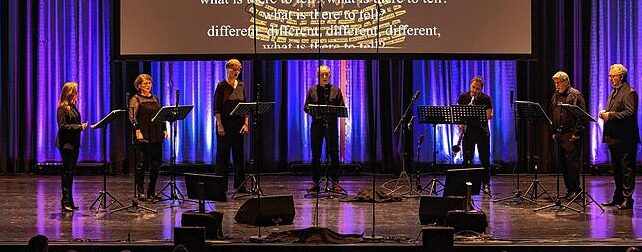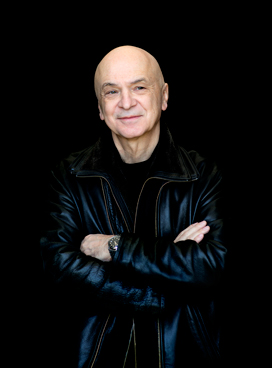Cheap Opera # 3 is a music theatre is based on the writings, drawings and concepts of an architect and writer, afflicted with Parkinson’s disease.
In a rhizomatic wandering through these texts the music tries to explore the effects and side-effects of Parkinson’s disease on the mind of a creative person. In the writer’s own words:
“We are all human beings, have relationships, live through birth, disease, death. Why is my life with PD so different, what is there to tell? Are my experiences not universal in the end? Does not everyone feel lonely and lost at times? We all bring in our own fears, convictions, tastes. There is not one truth about PD, it is my perception next to yours.”
The libretto is trying at a new way of documentary textuality, substituting the fictional narration by the narration of the real.
The music is being represented by a core ensemble, reduced to the necessary: the voices should be dedicated to the text, changing between speaking, sprechgesang, singing, whispering, clearly understandable.
The instrumental line-up is sparse, reduced to the essentials, and so is the line-up of singers: three voices meandering through these texts and their poetic, hallucinatory and philosophic impact.
PD brings about questions of perception, identity, death and life, all seen from the point of view of a mind, which is afflicted by it itself.
Cheap Opera # 3 was premiered in 2022 at the Donaueschingen Festival by the Neue Vocalsolisten and bass clarinetist Gareth Davis.


Bernhard Lang (born 24 February 1957 Linz, Austria) is an Austrian composer, improviser and programmer of musical patches and applications. His work can be described as contemporary classical, with roots, however, in various genres such as 20th-century avant-garde, European classical music, jazz, free jazz, rock, punk, techno, EDM, electronica, electronic music, and computer-generated music. His works range from solo pieces and chamber music to large ensemble pieces and works for orchestra and musical theatre. Besides music for concert halls, Lang designs sound and music for theatre, dance, film and sound installations.
Bernhard Lang came to prominence with his work cycle Differenz/Wiederholung (Difference/Repetition), composed between 1998 and 2013, in which he illuminated and examined the themes of reproductive and DJ cultures based on the philosophic work of Gilles Deleuze. Sociocultural and societally critical questions, as in Das Theater der Wiederholungen/The Theatre of Repetitions (2003) are as closely examined as intrinsic musical and music-cultural problems (“I hate Mozart”, 2006). Another focus is the “recycling” of historic music, which Lang performs using self-programmed patches, applying filter and mutation processes (as in the “Monadologie” cycle).
Alongside classical European instruments, Lang also makes use of their amplified electrical counterparts (e.g. electric viola) as well as mutually microtonally de-tuned ensemble groups. Analogue and digital synthesizers, keyboards, rock music instruments (electric guitar and bass, drumset), turntables (the trailblazing instrument of the reproductive culture), rappers, Arabian singers, speech and live-electronics (mainly the self-programmed “Loop Generator”) are similarly used.
This project was inspired by the work of May Kooreman, architect and artist. May draws, paints and writes about the invisible aspects of neurological change from within based on personal experiences with Parkinson disease. Her work describes a process of inner curiosity and growth in color, line, text and music. Based on this work the foundation cooperated with fantastic musicians and composers. For both May and the foundation this process has led to other inspiring paths. Her work can be found at www.Mayswings.com.